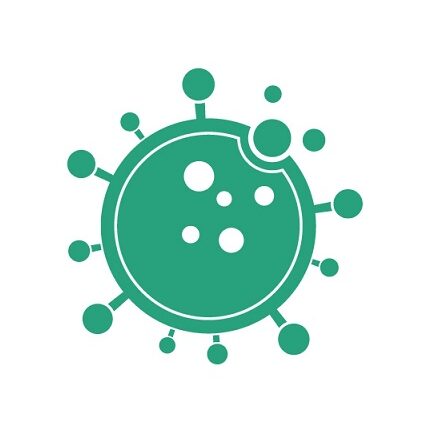
Cleaning is an activity that concerns all people, all buildings, all premises everywhere – someone is always cleaning. People’s health depends on cleanliness. The spread of the Sars-Cov-12 virus in the world has also increased the focus on cleaning. Disinfection has been widely presented in the media, even on streets and in other places. Disinfecting means the use of biocides, which pursuant to law should only be done by trained professionals.
The WHO highlighted the biocides to be used and their exposure times in its guidelines. In reality, people used disinfectants in massive quantities without paying attention to the requirements for use or safety. At the same time, the use of disinfectants isn’t even necessary in many situations and conscious cleaning is enough. However, when dirty surfaces are cleaned, a disinfectant has almost no effect or is insufficient, while the use of a biocide poses a threat to health of the people in the room and to the emergence of resistance. Awareness is important, as the results of the use of a disinfectant aren’t visible to the naked eye. The use of disinfectants is not appropriate; for example, these products are used but in a manner that doesn’t destroy micro-organisms and damages health, surfaces, etc. It’s also expensive. When dirty surfaces are cleaned, the disinfectant has no effect or the effect is minimal. For example, a 20-year study was carried out in the University of Bergen, Norway, which covered 6000 people and concluded that the use of cleaning agents in spray bottles damages a person’s health as much as smoking 20 cigarettes per day (Household cleaners can be as bad as smoking for your lungs (sciencenorway.no)).
